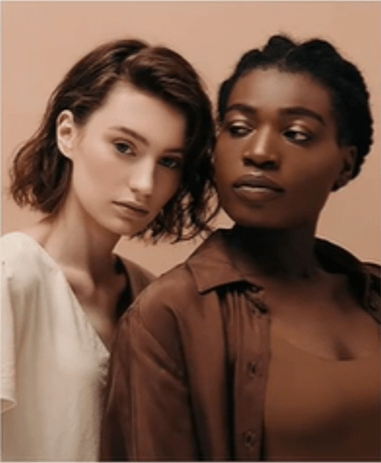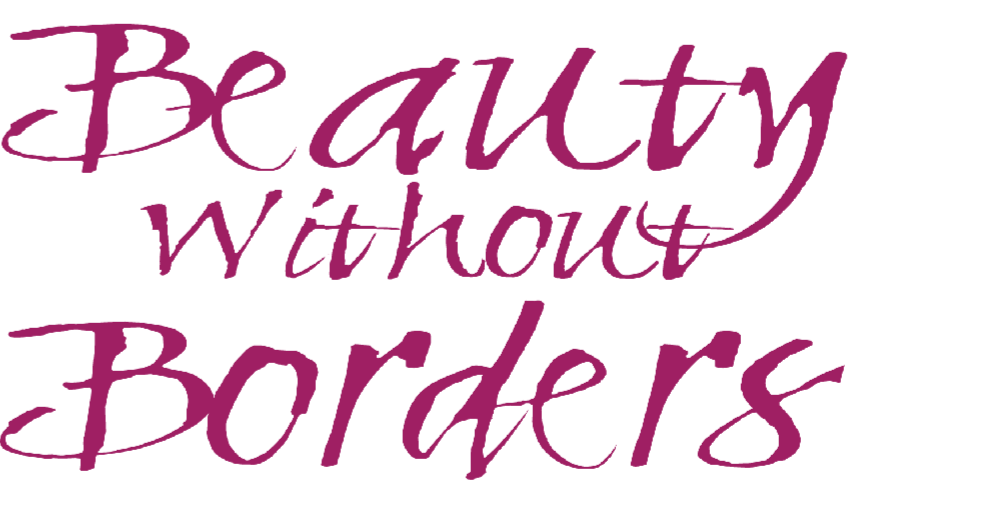
As women, we have all, at some point, questioned our self-worth—whether due to a failed relationship, feeling lost within ourselves, or societal pressures from platforms dictating what is deemed acceptable. Navigating womanhood in today’s world, especially as a young woman, often entails the struggle to conform to societal standards of beauty. Many find themselves unaware of how to embrace and genuinely feel beautiful on their own. This unfortunate reality leads us to seek external validation, often focusing on external appearances and conforming to predefined standards.
The societal pressure to conform and be perceived as attractive prompts women to believe that their worth is contingent on external factors. Magazines and media personalities, such as the Kardashians, become benchmarks for what it means to be a successful and valued woman. Influences like Kylie Jenner and Nicki Minaj perpetuate specific beauty standards, emphasizing physical attributes that supposedly define a woman’s desirability.

However, true strength and beauty in a woman lie in a combination of a strong mind and heart. Personal validation becomes a pursuit, fueled by societal expectations and a desire for romantic relationships. The perceived inadequacies lead some to contemplate drastic measures such as strict diets, cosmetic enhancements, or even alterations of skin tone, all in pursuit of societal ideals.
Yet, true beauty is not confined to a specific shape, size, or color. Authenticity, embracing one’s true self, is the ultimate style. The demoralization of societal beauty standards is pervasive, fostering insecurities and perpetuating the misconception that beauty is something to be acquired or consumed. Actress Lupita Nyong’o’s powerful statement underscores the importance of recognizing beauty as an inherent aspect of individuality, unshaped by external influences.

Physical appearance alone does not define beauty. Beauty is a multifaceted concept, encompassing the emotions and impressions something evokes within us. It is not a commodity purchased in a store or molded by societal expectations; instead, it is a state of being. Compassion, both for oneself and others, forms the core of fundamental beauty.
Beauty, expressed in myriad ways, is subjective and deeply personal. It is not a static concept but rather a fluid and evolving experience. The beauty of a painting, for instance, lies in the varied interpretations and emotions it elicits from different individuals. Each person’s unique experiences and perspectives shape their perception of beauty.
Beauty cannot be standardized, taught, or traded—it simply exists. The cliché “just be yourself, and love will find you” resonates because authenticity is inherently beautiful. It is a state of being, not a contrived effort to conform to external standards. In a world where beauty standards fluctuate and societal expectations evolve, embracing one’s true self emerges as the ultimate expression of beauty.

